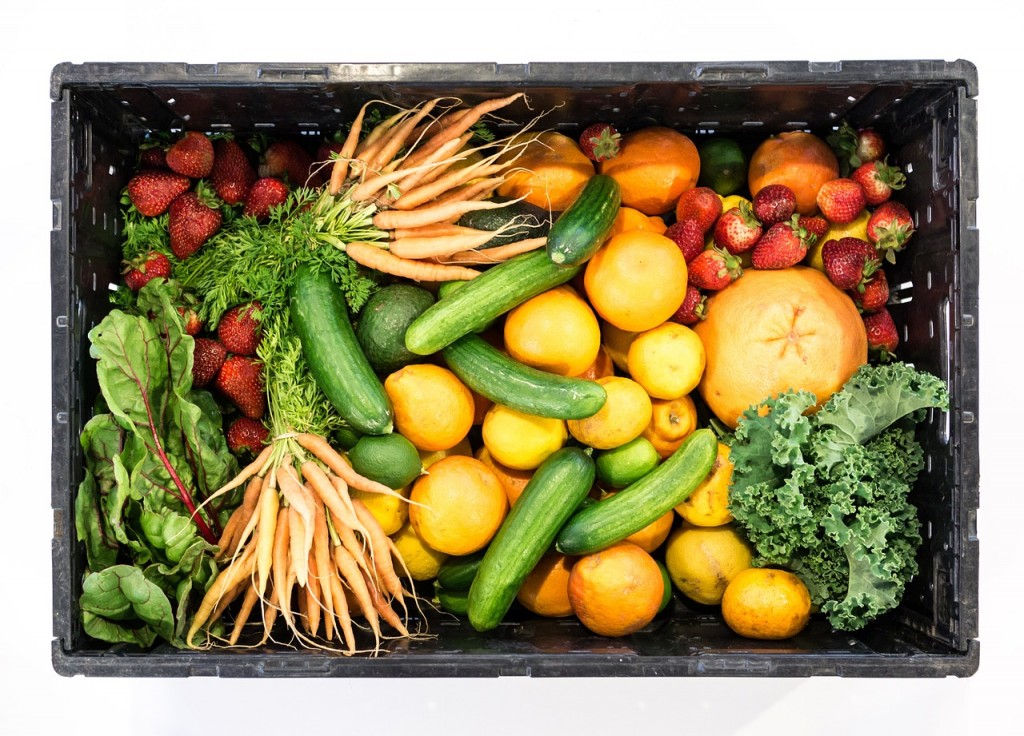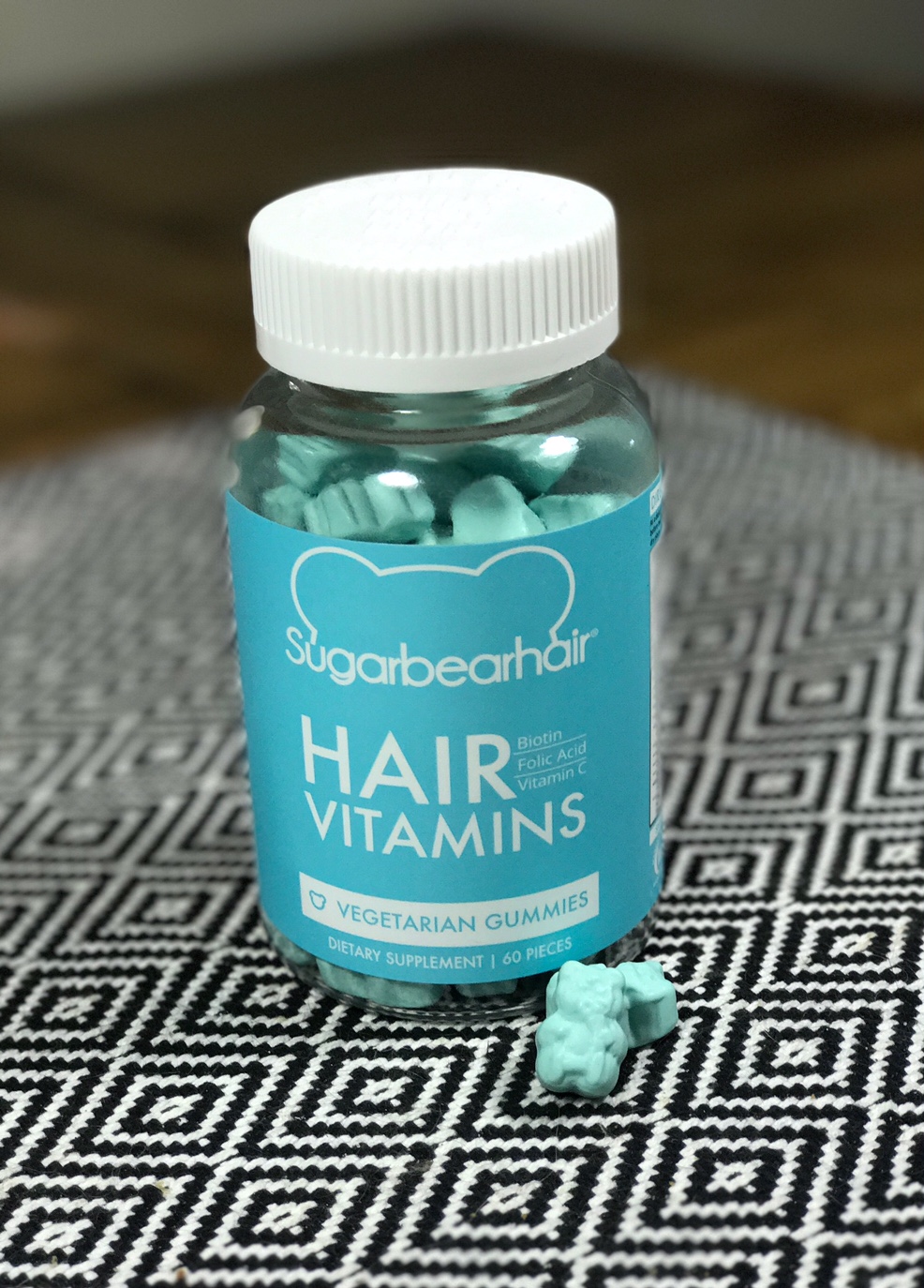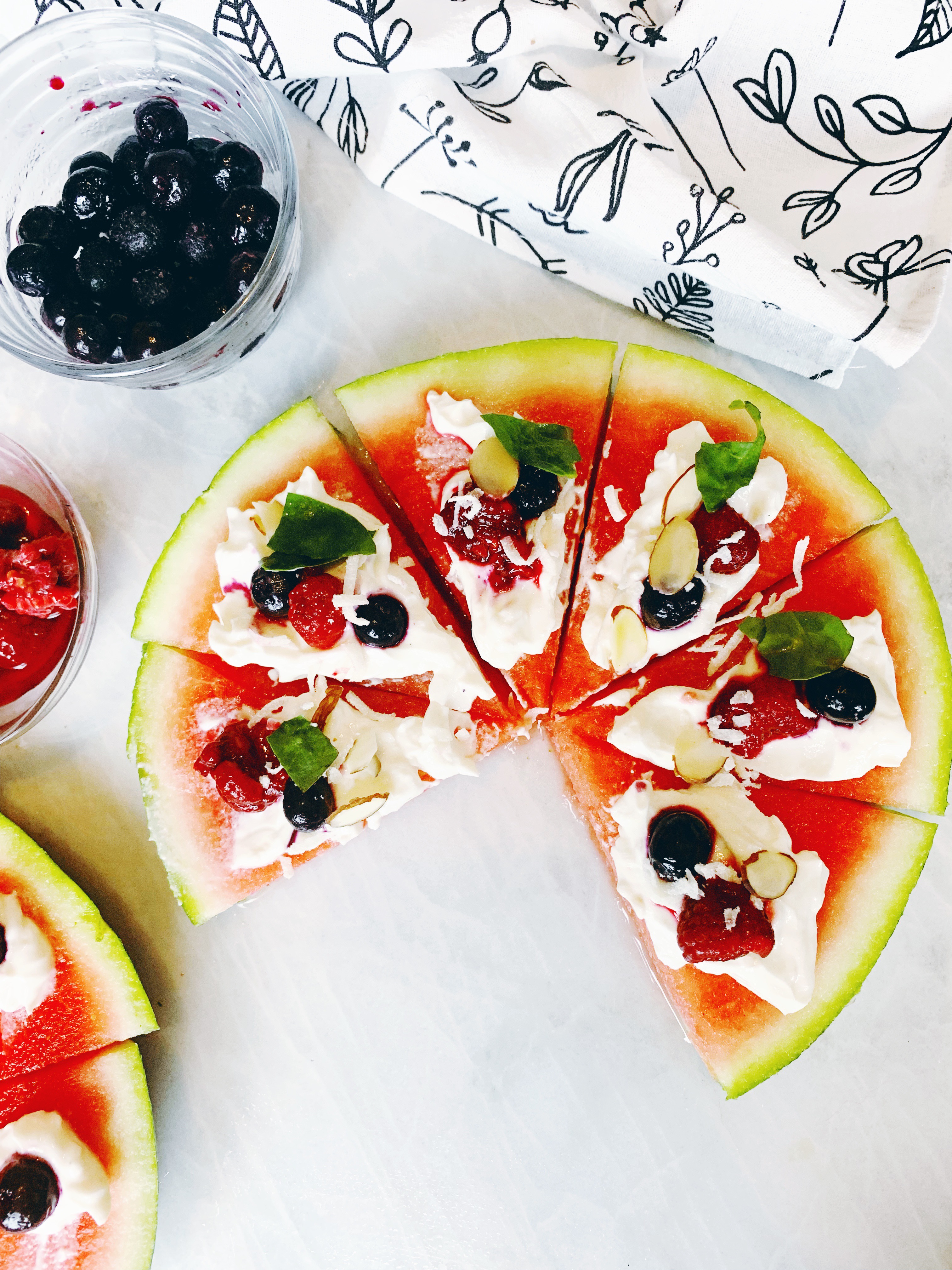After I started to eat better and change over to organic, I noticed how much more our grocery bill had become. I had to laugh at myself when someone asked what the first thing I would do if I every won the lottery and I quickly stated, “I would stock up our kitchen with organic food!”
I know that switching back to my old shopping list is not an option, so I needed to be smarter about how and where I did my organic grocery shopping. It took a lot of trial and error, but I found a system on how to be able to afford buying organic.
Now, I save money on organic groceries by using these tips to save money:
Frozen Foods
(This is my favorite) I have found that buying organic frozen vegetables and fruits works for us because it has a long shelf life. Sometimes, I just don’t get to all the fresh produce in time (which means money down the drain!), so buying frozen stops that. I also look for sales so I can stock up on produce that is off season. I’ve found that the price is lower then fresh too.
Shop Sales
Well, duh! This may seem obvious, but when you buy organic, you really need to take advantage of sales. In our area, our grocery store (Hyvee) has a ‘Wellness Wednesday’ every second and fourth Wednesday of the month where they give 10% off all in their health market area. I wait until then to stock up on all the organic products I buy there. You would not believe how much that helps! Check out your local store, farmer’s market, etc. for sales like this. Look for coupons too. I find a lot online that I print out. You can even email a brand and ask them. Many will be happy to send you one.
Buy Seasonal
When you buy food when it’s in it’s prime season, you will find it cheaper to buy. This is when foods grow in abundance, so supply is higher. Do your research and find out when your favorite foods grow best. In addition to being cheaper, the food will even taste better and give you higher quality nutrients as well. Freeze, can, or jar will contribute to saving money on organic groceries.
Shop Local
I learned as a health coach that buying local is better for you. You will find that the food even tastes better and lasts longer because it hasn’t spent time being shipped. A book to think about reading: The 100-Mile Diet: A Year of Local Eating. It’s about the adventures of a Canadian couple who make a year-long attempt to eat foods grown and produced within a 100-mile radius of their apartment. It’s a great read! Shopping local means less transport costs for the goods you buy. When you shop a local farmer’s market, you’re purchasing directly from the farmer, so you eliminate the middle man.
The Clean Fifteen
If it’s just too much to switch to all organic, I suggest picking the most important organic choices and saving on costs by buying foods that are safer to buy not organic. I love telling my clients about the “Clean Fifteen” and the “Dirty Dozen”. If you do not know about these lists, you can use this as your guideline: This Dirty Dozen/Clean Fifteen list as a guideline to help at the grocery store. These are produce items that are safe to buy non-organic, and twelve foods you should only buy organic. Always wash both!
Store Brands
I noticed lately that more and more store brands are going organic. When you can’t shop local, or there isn’t a sale you can make, try buying this way. They are USDA certified, and you can get it at a decent price. I knew Target had a great organic selection, but I’ve noticed Walmart getting on the organic bandwagon too. One thing to remember- make sure you look at the weekly ads and visit each store and do a comparison on prices to see who offers the best prices on the items you need. I buy our grass fed meat at one store, half of produce from farmers market, and the other at our local grocery store. All others through Thrive Market (see next tip).
Join a Club
Clubs like Costco can help you cut costs if you are one who likes to buy in bulk-yes, they sell organic. Online clubs, like Thrive Market, offer goods at 25%-%50 discount. I am a member and honestly, I love it! Believe me, I did the comparison shopping and it does help to save on products. They run specials all the time, most of the time you get a free product with your order. Where Tess Lives readers receive a 25% off at Thrive Market.
Animal Products
If you can only afford to change one thing, make it be your animal products. Meat and dairy product labels that do not say “free range”, “Grass Fed”, “No Hormones”, or “Antibiotic Free” means you are putting harmful chemicals in your body. Did you know that farmers give chickens arsenic so they can handle being mushed together with other chickens in their cages? Check out this article on how pesticide levels can be more than 5 times greater in conventional meat versus conventional vegetables. Buy store brands to save on cost-I’ve found that with the rising cost of regular ground beef these days, it’s really not much more. Same with eggs and dairy. Another idea is to cut down on meat eating (this can benefit your body as well!) and try doing a meatless Monday, or even limit to just a few times a week. I just started doing this recently and my family haven’t even complained about eating less meat. Score!
Want to get your organic food 30-50% cheaper? Check out Thrive Market!
Like Where Tess Lives? Come see all the pretty… Follow me on Instagram.
*Some links may contain an affiliate link.




Leave a Reply